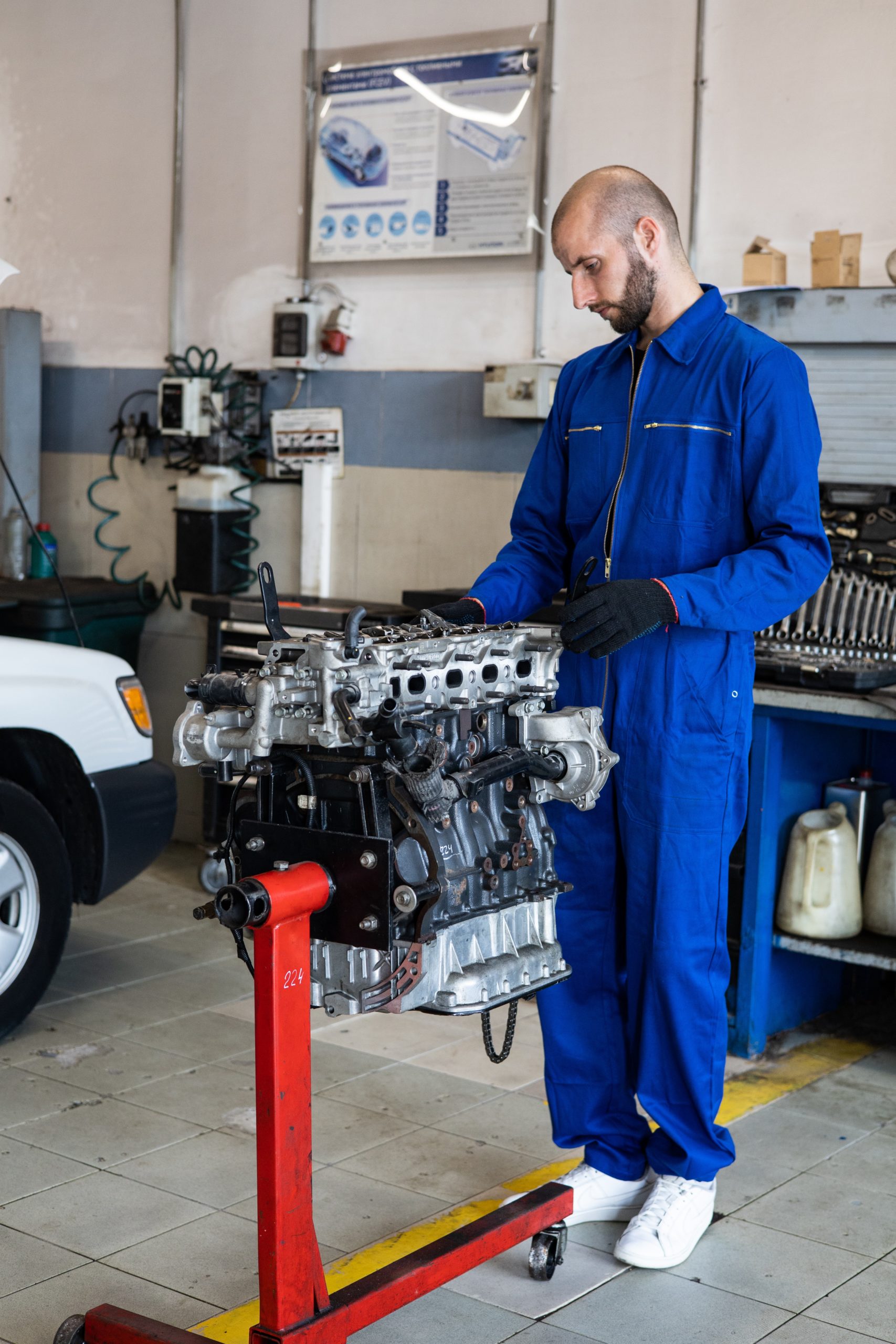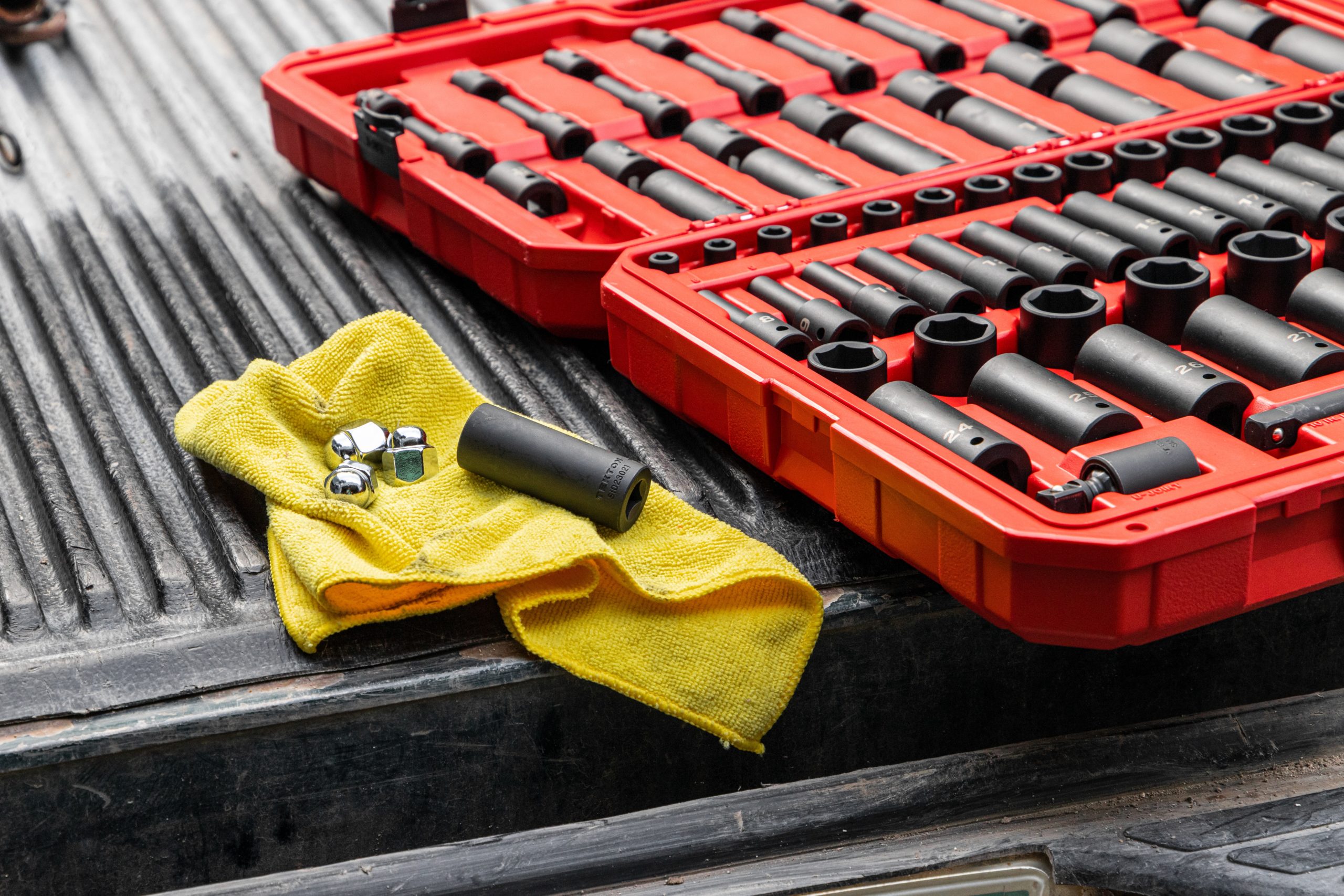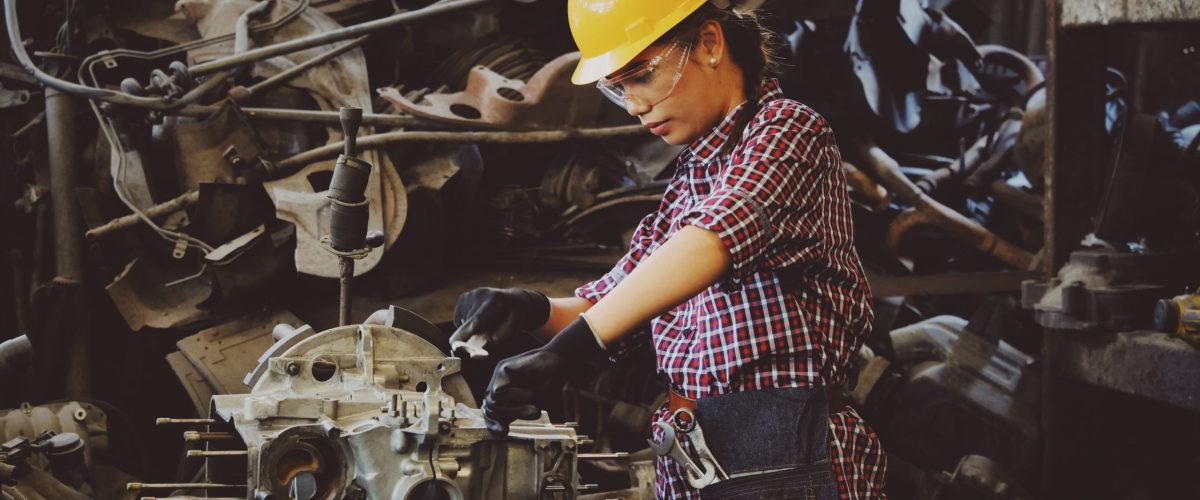With many South Africans living through the harsh economic effects brought on by COVID_19, the Right to Repair campaign has been warmly welcomed by consumers and the public at large.
For motorists who don’t already know, restrictions on servicing and buying vehicle parts were lifted early this year by the Competition Commission of South Africa. Although there has been a lot of uncertainty on what this means for motorists in general, what we can be certain of, is that consumers now have the right to choose where to take their vehicle for service.

Kate Elliott, the CEO of Right to Repair South Africa (R2RSA), an organization specially formed to help drive compliance and protect consumer interests, said, “At the end of the day, the Guidelines are there to support consumer choice, fair competition and competitive pricing. There are about 12.7 million vehicles on the road in South Africa and all of these will need to be serviced and repaired during their lifetimes. And now you as the consumer have the power to select where you want to take your car for servicing.”
Here are the four main things consumers need to know:
1. You have the right to choose your service provider
OEMs cannot bundle service plans or motor plans and other value-added products or add-ons with the sale of motor vehicles any longer. These need to be offered as separate products with the cost and savings outlined for the consumer. This means that independent service providers can now service and perform maintenance on cars both during the in-warranty period and after.
“You may choose to service your vehicle at the dealer from whom you purchased your vehicle or you can elect to shop around for the best possible price and service quality,” said Elliott.

2. You have the right to use non-original spare parts
With cost always being an issue, the good news is that OEMs may not set minimum retail prices for spare parts. Rather, consumers can shop around and are entitled to use non-original spare parts (for example, spark plugs) in their vehicle during its in-warranty period. Furthermore, manufacturers are not permitted to void your warranty. “It is no different to selecting a generic antibiotic – the same thing, just more cost-effective,” Elliot said.

3. You have the right to choose your service provider without voiding your vehicle’s warranty.
Consumers have the freedom of choice during the vehicle’s warranty period, which is further good news. The warranty cannot be voided just because the consumer chooses to go to an independent service provider (ISP) for maintenance or for repair work that would not traditionally be covered by the warranties under the ‘old’ after-sales system.

4. You have the right to buy a vehicle separate from the OEM’s after-sales products and services
When you buy a car, vehicle retailers are now obliged to provide you with separate prices for your vehicle and for any value-added products that they might have on offer, such as service and maintenance plans.
Car retailers are also obliged to sell you a new vehicle without a service or maintenance plan if you do not wish to purchase one. “You do the maths,” she said, “and you may be pleasantly surprised at just how much you can knock off the purchase price of your car.”
Les McMaster, Vice-Chairperson of the Motor Industry Workshop Association (MIWA) and a Director of Right to Repair South Africa, a Section-21 non-profit organization said, “All of these aspects are great news for the consumer. The increasing competition allows easier access to the market by ISPs. Ultimately more competition always leads to better prices, better quality and better service”.

While the implementation of consumers’ right to better repair conditions is a big plus, however, motorists have to do their research. Most importantly, consumers must ensure they are dealing with service providers of good repute.
For a start, ISPs must have and make use of impeccable tools and machinery and qualified staff. They should also have liability insurance in place. Without meeting these and other basic requirements, an OEM is entitled to void the warranty of a part that has been damaged due to inferior workmanship or imprecise fitment processes.
Consumers who need help or want to check their rights in more detail can visit the R2RSA website on www.right2repair.org.za or report non-compliance to the Competition Commission at https://www.compcom.co.za/lodge-a-complaint/.
Source: Cathy Findley Public Relations






